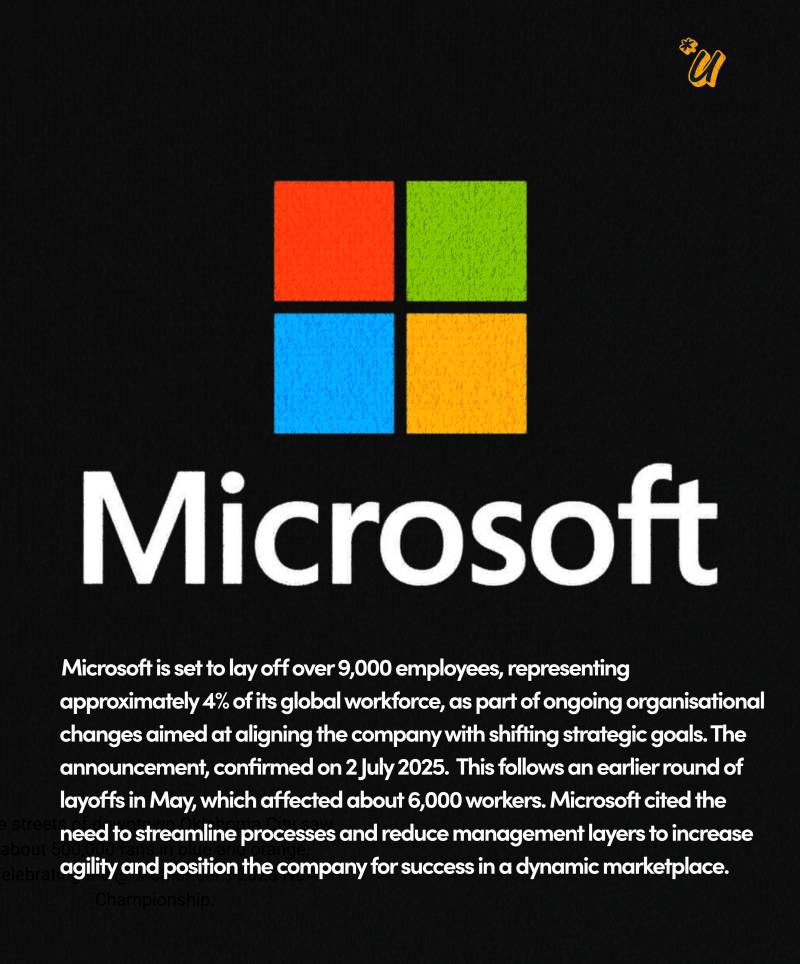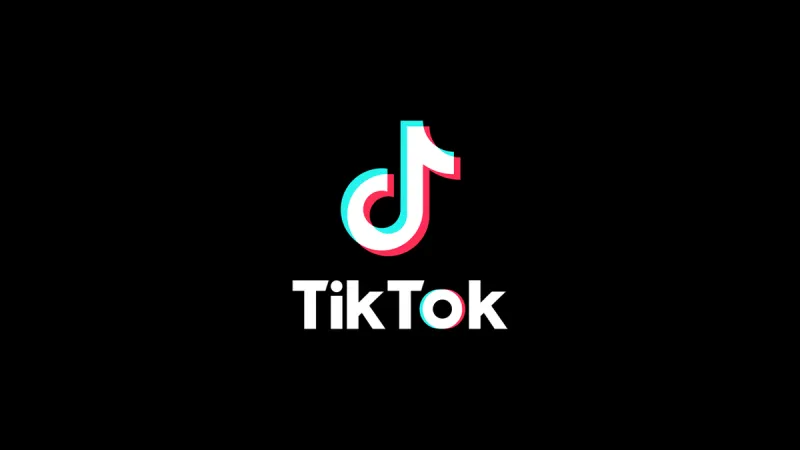Bluesky, the decentralized social media platform initiated by Twitter co-founder Jack Dorsey, has recently faced significant backlash from various corners of the tech community and general users. Critics have pointed fingers at issues such as usability challenges, network growth pace, and content moderation policies. However, this backlash misses the broader implications and long-term potential of what Bluesky aims to achieve in the evolving social media landscape. At its core, Bluesky is designed to rethink the traditional centralized social media model by promoting decentralization, where users have more control over data, algorithms, and content moderation. This shift is a fundamental response to growing concerns over censorship, data privacy, and monopolistic power wielded by large tech platforms like Twitter and Facebook. The backlash often centers on short-term growing pains, such as user interface glitches or slower adoption rates, which are common in pioneering technologies but overlook the platform’s transformative mission.

Read Also: Apple - WWDC 2025

Bluesky’s decentralized protocol allows interoperability across platforms, enabling users to carry their social media identities and preferences across multiple services without being locked into a single provider. This is a game-changer for digital freedom and user empowerment, addressing long-standing issues of platform dependency and control. Critics who focus solely on current limitations ignore the trajectory toward a more user-centric internet ecosystem. Moreover, the controversy around content moderation on Bluesky reveals a deeper societal debate rather than a platform-specific flaw. Decentralized governance of speech is inherently complex, balancing free expression and harmful content without centralized oversight. Bluesky is experimenting with innovative solutions such as community-driven moderation and customizable algorithms, giving users the power to tailor their experience. This experimental phase naturally attracts scrutiny, but it’s vital to understand it as part of a necessary evolution rather than a failure.
From an SEO standpoint, Bluesky’s development aligns with increasing demand for privacy-focused and user-owned digital services—a trend reflected in growing interest in Web3 technologies and blockchain-based applications. The platform is tapping into a niche that is expanding rapidly, especially among tech-savvy users and digital rights advocates. Content creators and marketers monitoring social media trends should recognize Bluesky as a potential new frontier for authentic engagement, free from algorithmic opacity. Another often overlooked aspect is Bluesky’s potential to stimulate competition in social media, traditionally dominated by a few giants. Healthy competition drives innovation, better user experiences, and fairer business models. By challenging centralized monopolies, Bluesky encourages platforms to rethink their policies and technologies, benefiting the entire digital ecosystem. The backlash, therefore, risks undermining this positive disruption by focusing disproportionately on temporary shortcomings.
Furthermore, Bluesky’s open protocol approach invites developers and startups to build on its framework, fostering a vibrant ecosystem of interoperable social applications. This could democratize content creation and distribution, allowing niche communities and independent creators to thrive without being at the mercy of centralized algorithms. Such innovation promises to diversify digital voices and combat echo chambers—a key challenge in today’s social media environment.
The current criticism often reflects a misunderstanding of what decentralization entails and the complexities involved in its adoption at scale. Early skepticism is expected with any disruptive technology, but dismissing Bluesky outright ignores the broader implications for digital sovereignty, user empowerment, and internet decentralization. In conclusion, the backlash against Bluesky misses the bigger picture by fixating on short-term imperfections rather than its long-term vision and potential. Bluesky represents a critical step toward reshaping social media, putting control back into the hands of users and communities. For content creators, marketers, and digital users alike, understanding and engaging with this shift is essential as the internet continues to evolve toward a more decentralized, transparent, and user-friendly future. Instead of reacting to initial growing pains, stakeholders should watch how Bluesky and similar platforms mature—potentially setting new standards for the next generation of social networking.



